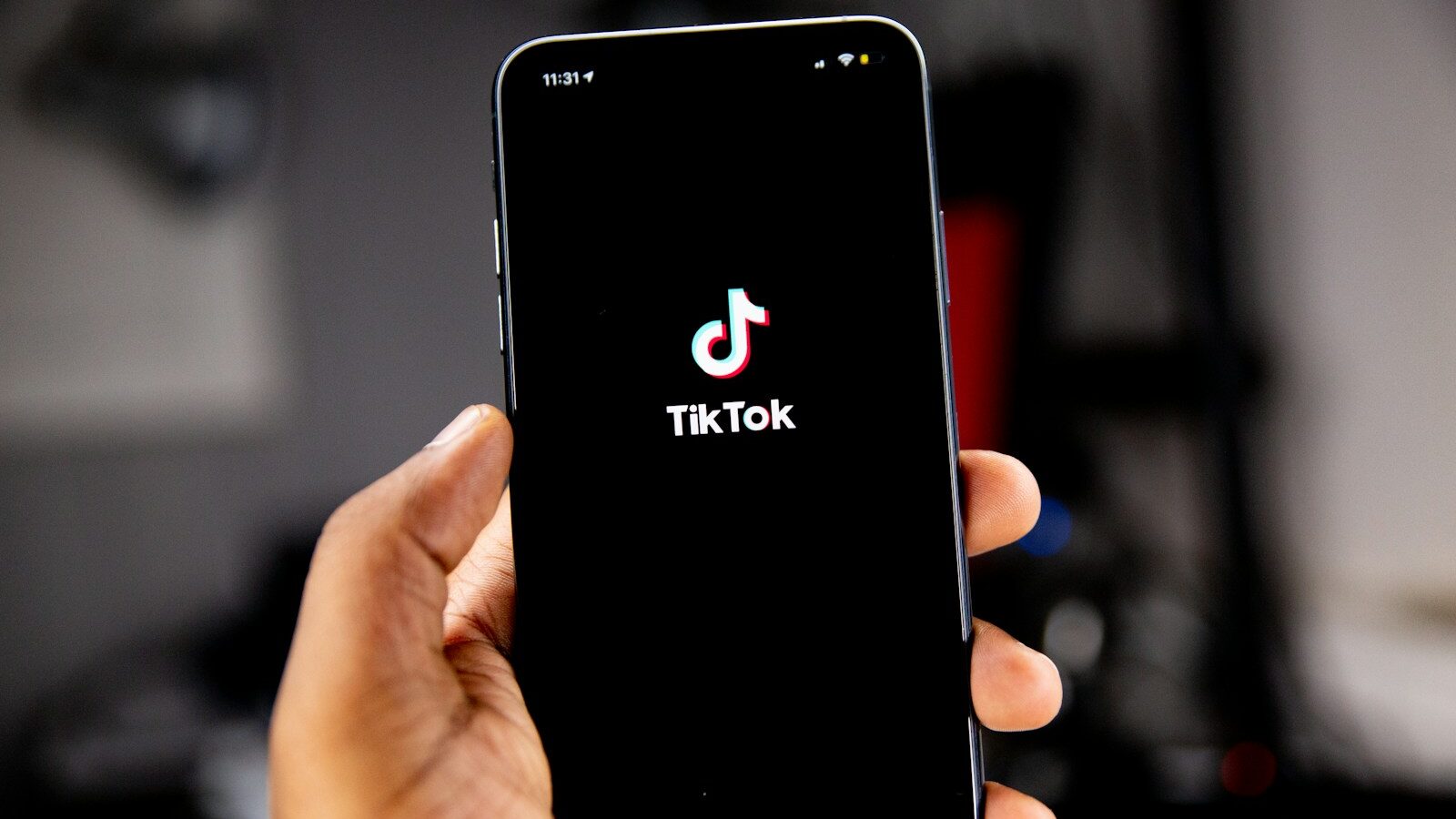Coined as the ‘Great Resignation‘, 95 per cent of workers in the UK are currently considering leaving their positions. While this phenomenon is repeating itself across all industries, the question for HR managers is: how do we keep employees engaged and passionate at work, and how can we help them in this challenging climate?
Multiple stressors
Over the last year and a half, the pandemic has meant many people have had to work from home, with much office-based work being conducted from kitchen tables and spare bedrooms across the UK.
Many workers are reporting endless days spent working centimetres from where they sleep have triggered feelings of isolation or depression. Add to that the highest cost of living ever seen in the UK, higher levels of job instability, and the economic and professional pressure on people across all industries.
Understanding what employees need has been proven to lead to better retention rates
It’s no wonder people are re-assessing their work lives and seeking out careers they feel might give their work more meaning. With job progression also slowing (86 per cent of workers feel progression has stalled over the last year) a third of workers currently feel that finding a new employer would be the best way to help their careers.
Finding the right employee benefits for your employees can lead to happier, more fulfilled teams. This often-overlooked element of working life can act as a secret weapon to help boost overall retention and long-term development, by catering to people’s personal needs and passions. Sound too good to be true? Here’s how…
Focus on employees’ bucket lists
No matter how revolutionary your business is, motivated and self-driven employees will form the bedrock of your company. Retaining talent for longer undoubtedly leads to a stronger business with better offerings. However, companies often overlook the need to keep their employees happy and motivated. At the same time, having a great work culture and understanding what employees need, has been proven to lead to better retention rates, no matter what sector you are operating in.
By understanding where employees’ passions lie – even if they’re nothing to do with the work you do – you understand what motivates them, what excites them and what their passion project might look like. Finding a way to embrace and support these kinds of interests helps employees feel more fulfilled at work, by knowing that their individual desires and dreams are being accounted for.
Employee benefits present a brilliant way to encourage employees to release stress and invest in their own happiness
Offering benefits that cater to these passions – from pottery to painting, to fitness or championing charities – encourages employees to use this element of their job to invest in themselves. Whether that be working on a project and collecting a greater variety of skills, or simply taking the downtime to de-stress and do something they find relaxing. If you don’t know what’s on your employee’s bucket list, it’s time to find out.
Make mental health a priority
Undoubtedly, the greatest shift that’s happened across HR is a new focus on employee mental health. Following the challenges of the pandemic, including the sense of isolation we’ve come to associate with it, mental health has become a key focus for many HR leaders, with 92 per cent of companies increasing their focus on employee welfare this year.
Since the start of the pandemic there’s been an unrelenting tension in the air, with many people losing jobs or just struggling to cope with the new realities of post-covid life. Checking in with employees one-on-one is invaluable and allow employees to express personal concerns that they might not want to voice in front of the rest of their team.
Employee benefits also present a brilliant way to encourage employees to release stress and invest in their own happiness. Allowing employees to decide how best they might do this is key. For example, some people do so socially so evening classes or groups work well for them; others prefer to wind down on their own.
Mental health is something exceptionally personal and it’s important to ensure all preferences and experiences are factored in when thinking about how to best support your employees, inside and outside of work.
Keep ahead of innovation
Challenger companies and smaller, more agile businesses are widely adopting more personalised employee benefits to help them attract and retain the best talent. Competing with the same talent pools as larger more established businesses means that these companies need to think intelligently about how they make the most of what they can offer their workforce.
Today, the workplace has changed. After a year and a half of working from home, employers know how flexible businesses can be. There has been a clear reluctance from many to go back to working in the office, with 13 per cent of employees reportedly feeling apprehensive about returning to the office all together. It can be hard for a business to navigate employees’ expectations individually and produce a workflow that works for everyone.
Employee benefits are moving away from woollier offers like free cinema tickets or fruit in the office
By tailoring employee benefits to the individual, the onus of tailoring work environments to individual needs, is in some way removed from company work streams. Instead, decisions about how to split resources and prioritise employee needs are left up to the employee themselves.
Employee benefits are moving away from woollier offers (like say, free cinema tickets or fruit in the office) as employees demand respect instead of quirky treats. Giving employees the power to decide where their priorities lie and how their benefits work for them is delivering just that.
As employees demand more from their companies when it comes to lifestyle, it’s important to give some of the responsibility of these decisions to the employees themselves, to ensure their working lives best suit their desires and needs.
Employee benefits are your silver bullet
The reasons people leave one position for another are complicated and varied, but after the last year there is one common trope that underlines much of the movement we are seeing: a desire from employees to take back control and give their lives more balance.
The face of employee benefits has changed dramatically over the last 10 years from stuffy, boring or quirky in-office perks to something much more personal. With the option to personalise employee benefits, businesses can look at these offerings as an opportunity to engage their teams in passionate, considerate ways, helping them to get the most from their working life, both professionally or personally.
Interested in this topic? Read Why office culture is the most important employee benefit.
[cm_form form_id=’cm_65a14c3f5da64′]








